
24 Courses

SFLab: Spiritual Formation Lab Term 2 2024-2025
This lab is required for students who did not earn a high enough grade in the previous semester's Spiritual Formation Component
Term 2 2024-2025
MIN425: Supervised Ministry Experience Term 2 2024-2025
This course is a four-month, full-time supervised ministry experience in the final semester of bachelor’s degree programs. Students work under the direction of a University faculty member and a field supervisor ministering in the student’s area of study. The Supervised Ministry Experience includes real-life ministry, leadership opportunities, readings, and writing elements to allow students to process and reflect on their experiences.

OT201: Pentateuch Term 2 2024-2025
This course is a detailed study of the content and spiritual significance of the first five books of the Bible (Genesis through Deuteronomy).
Term 2 2024-2025
HI305: History & Philosophy of Christian Education Term 2 2024-2025
This course surveys the people and thought patterns that have significantly affected and continue to influence the development of an evangelical philosophy of education. The contributions of both Christian and secular thinkers are considered. Students begin to articulate a personal philosophy of education.

PH401: Ethics in Counselling Term 2 2024-2025
This course presents concepts regarding ethical issues encountered by the pastoral counsellors and licensed professional counsellors. Areas of interest include ethical principles, professional codes of ethics, identifying and resolving ethical dilemmas, ethical decision-making models, and legalities of the profession.

PS405: Psychopathology Term 2 2024-2025
This course is designed to provide the student with a basic understanding of abnormal human behavior. Models of abnormal behavior, methods of classification of mental disorders and approaches to treatment of these disorders will be discussed.

TH203: Basic Christian Beliefs Term 2 2024-2025
This course lays the foundation of a firm belief in the Christian religion. It introduces the student to the basic doctrines of the Bible and furnishes evidence which supports the divine origin of the doctrines, morals, and institutions of Christianity.

NT205: Gospels Term 2 2024-2025
This course centres on the life of Christ as seen through a careful study of the Gospels of Matthew, Mark, Luke and John. Particular attention is given to the unique historical and theological contributions of each of the Gospels. Key themes are surveyed.
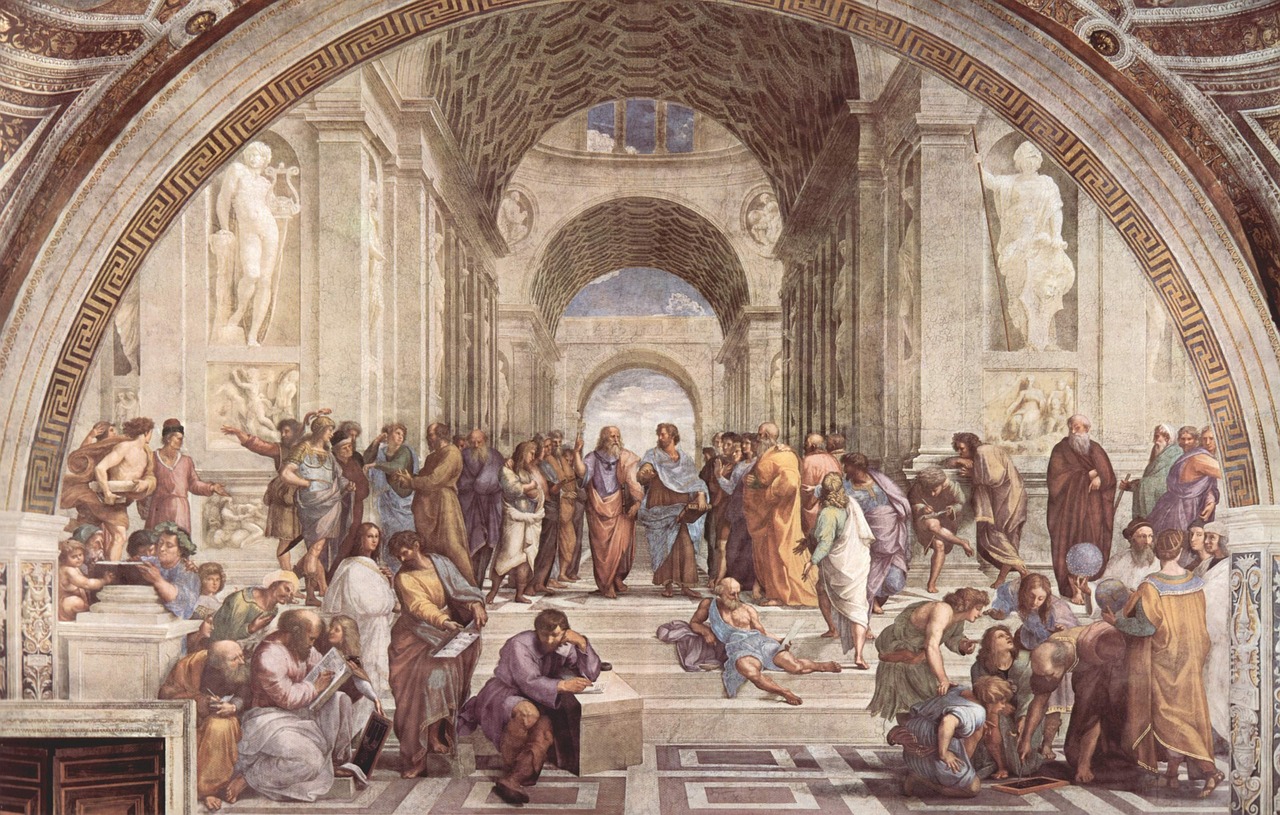
PH201: Introduction to Philosophy Term 2 2024-2025
This course acquaints the student with the terminology and the significant problems of the field of philosophy especially in relation to the Christian faith..
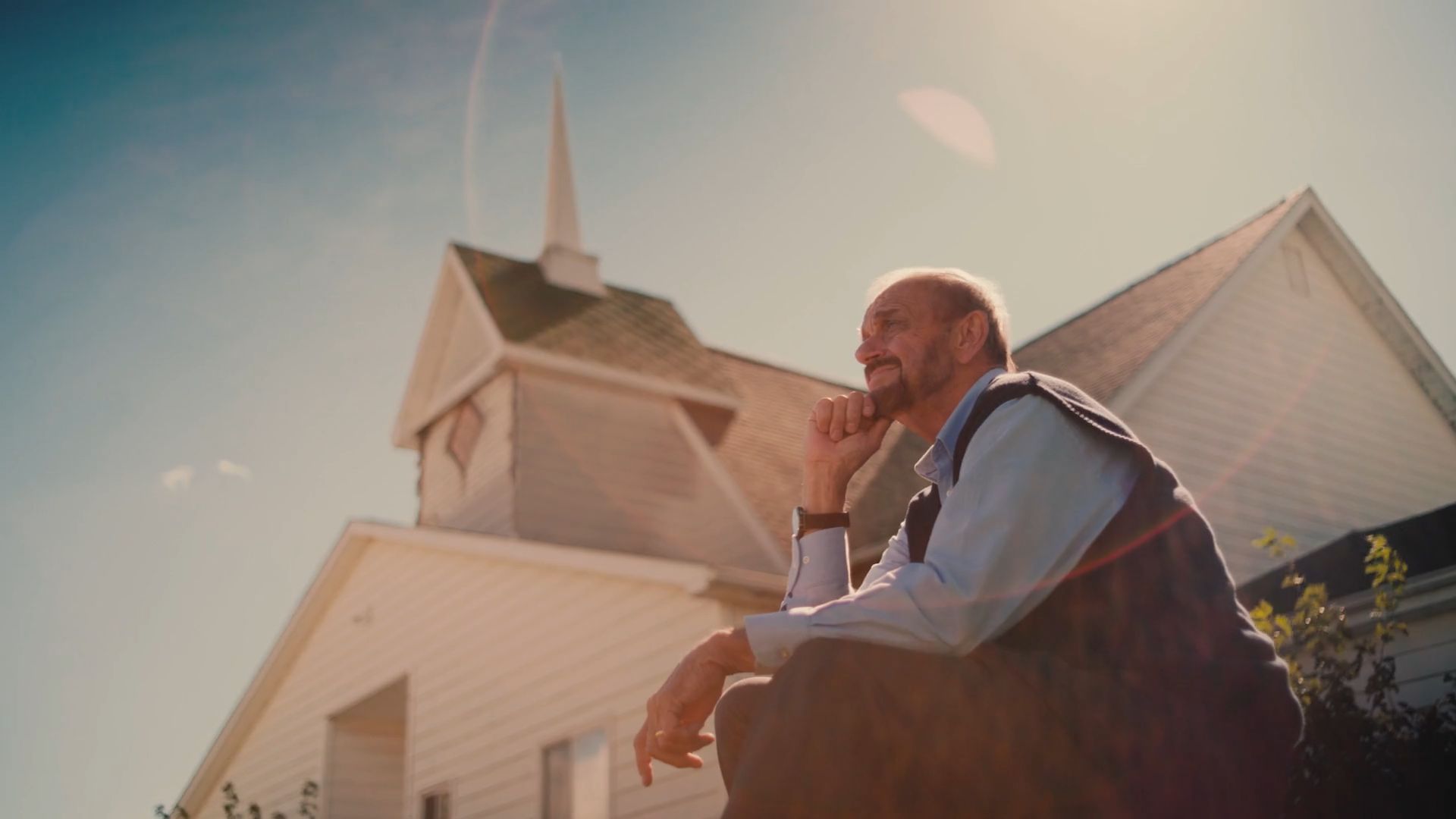
HI303: Church History Term 2 2024-2025
This course provides a survey of the history of the Christian Church from its birth in the book of Acts to the present day, in the context of world history. Attention is given to how the past impacts present and future ministry.
SO221: Introduction to Sociology Term 2 2024-2025
This course studies social systems and their development from early times to the present. The course is designed to enhance the student's appreciation of the various forms of social life as well as show the complex forces at work within the scope of social life. Students will conduct a sociological research project as part of the course requirements.
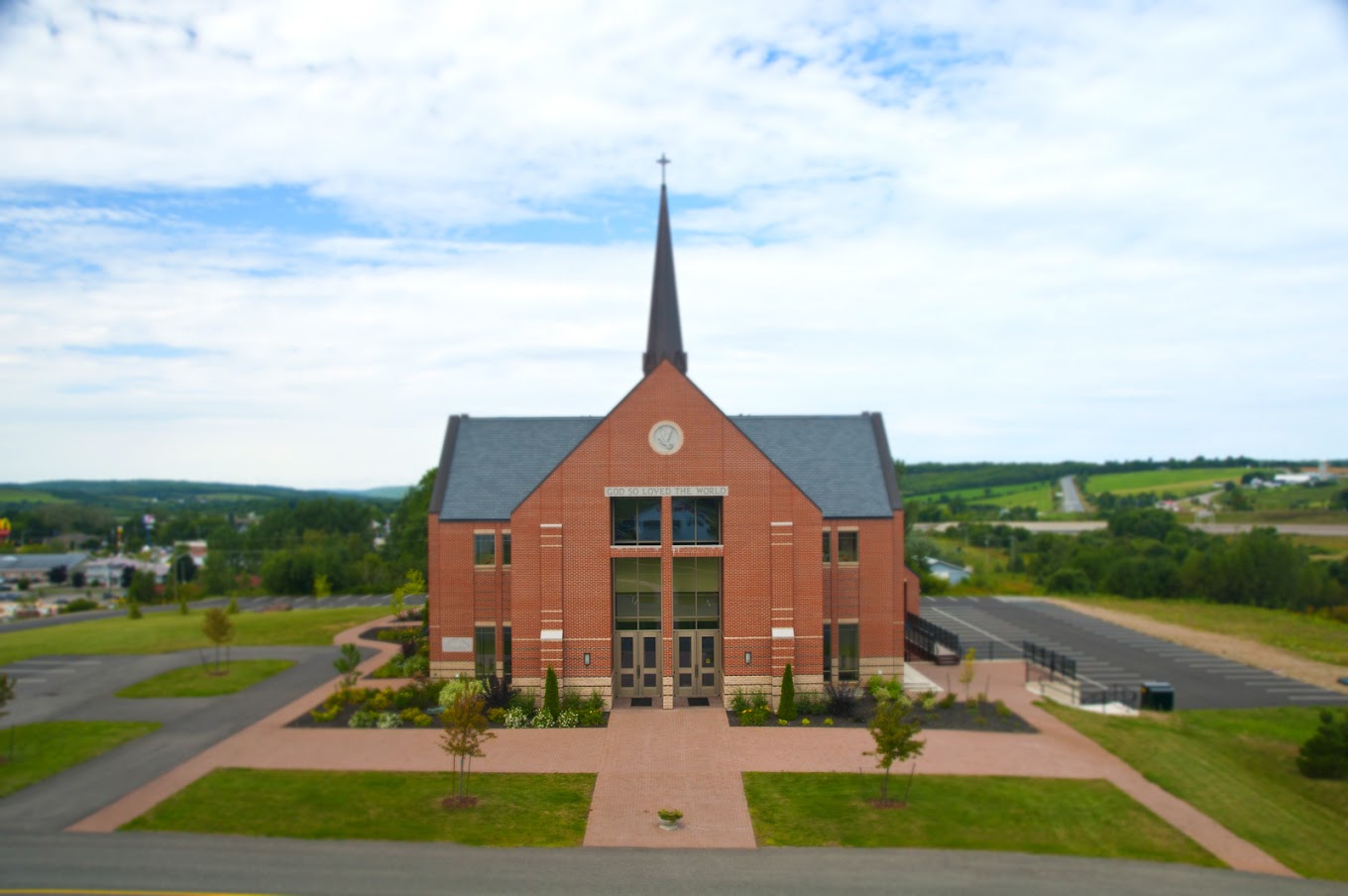
SF: Spiritual Formation Component Term 2 2024-2025
This course is where students report participation in the required spiritual formation activities each week.

P000: Practicum Term 2 2024-2025
This course is a generic placeholder for practicums which will be replaced by a specific course when the student contract is approved. Practicum assignments are designed to allow students to integrate classroom learning and practical ministry.

PSPM411: Crisis Counselling Term 2 2024-2025
This course seeks to provide both theoretical and practical approaches to crisis intervention and counselling.

PS202: Introduction to Addictions Term 2 2024-2025
This course presents an overview of addiction. This course will examine the cultural attitudes toward substance use and abuse; physical, psychological, social, emotional, and spiritual factors related to addiction; as well as issues of prevention and treatment.

MIN415: Management in Ministry Term 2 2024-2025
This course seeks to develop an understanding of the practicalities of the ‘behind-the-scenes’ administration in the local church and other Christian organizations. Consideration is given to the specific responsibilities of pastors and Christian leaders in such areas as leadership and management basics, managing volunteer teams and paid staff, time and self-management, change management, and financial and operational management. This course also includes an introduction to parliamentary/business meeting procedures.
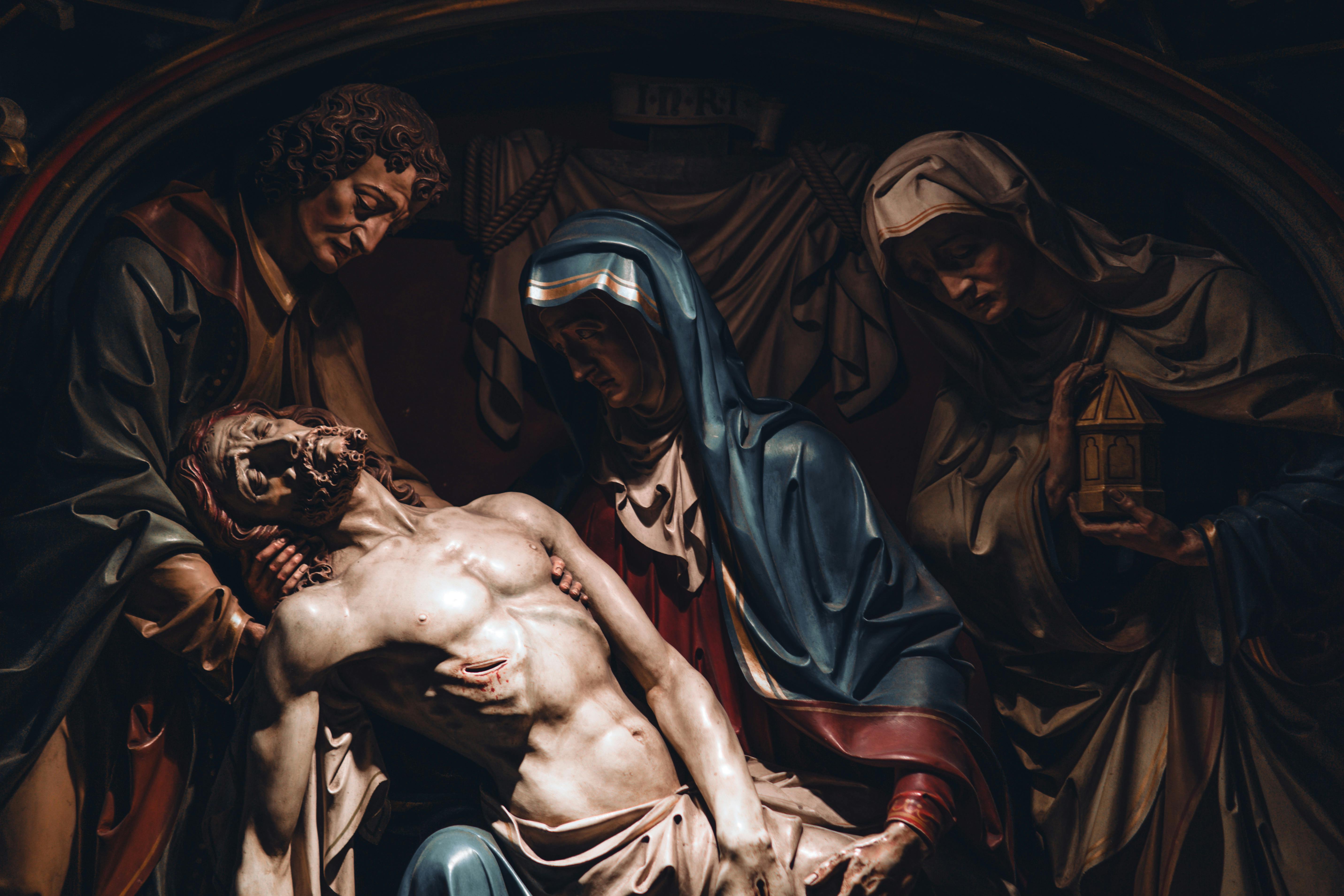
MIN110: Introduction to Compassion Ministry Term 2 2024-2025
This course explores what Scripture says about God’s concern for the poor and disenfranchised of the world, and the implications of that concern in the lives and ministry of individual Christians and the Church.
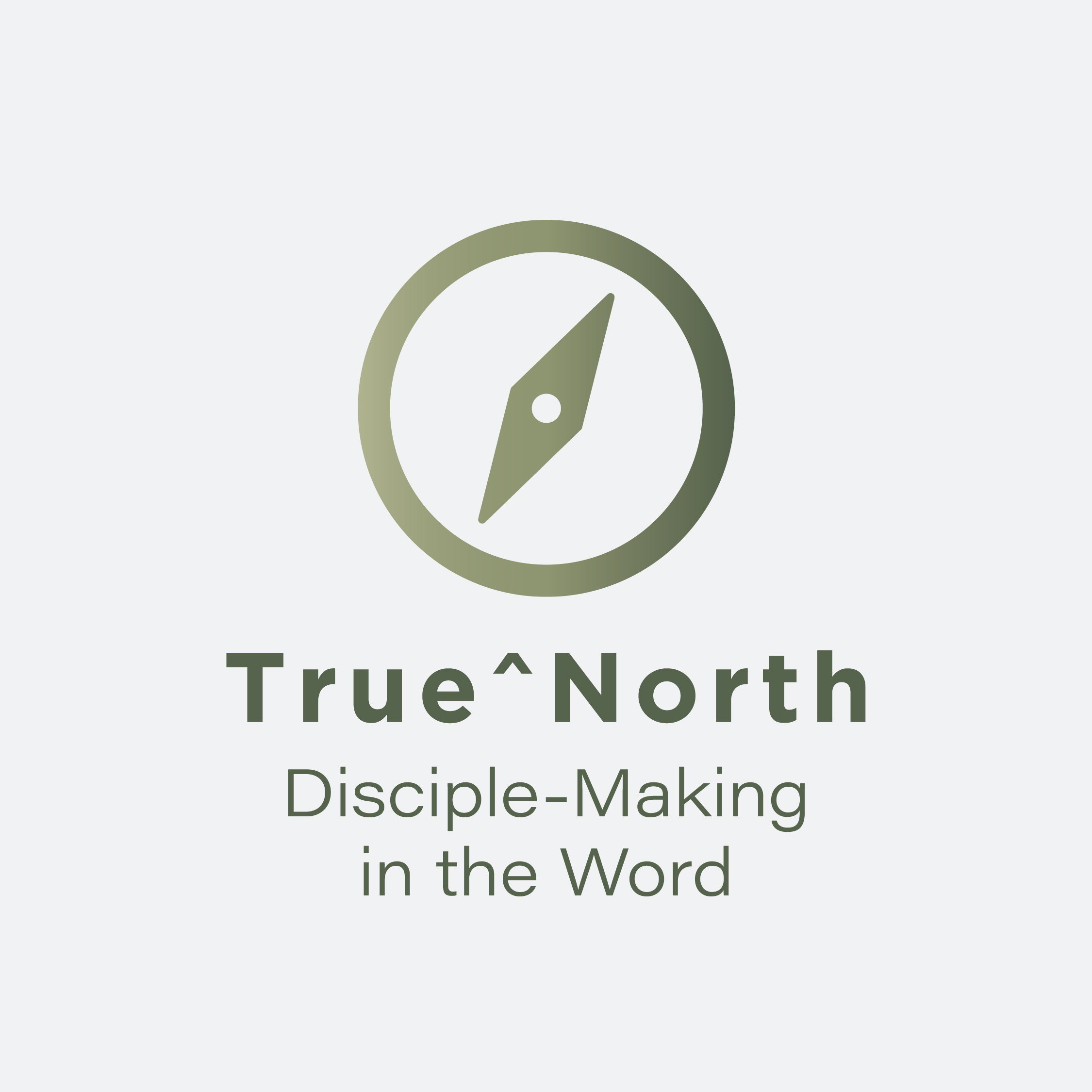
BT200: Inductive Bible Study Term 2 2024-2025

TH503: A Theology of the Church Term 2 2024-2025
This course begins with a theology of the church overview of the various biblical images of the church, which in turn necessitates an understanding of the historical and theological development, and adaptations of these biblical images. The course includes exercises where the student will critically reflect upon life in the church and ministry as he or she currently experiences it in light of these biblical, historical and theological principles. The goal is for the student, as a ministry leader, to become a facilitator of a biblically sound, culturally relevant, spiritually growing, reproducing, missional congregation.
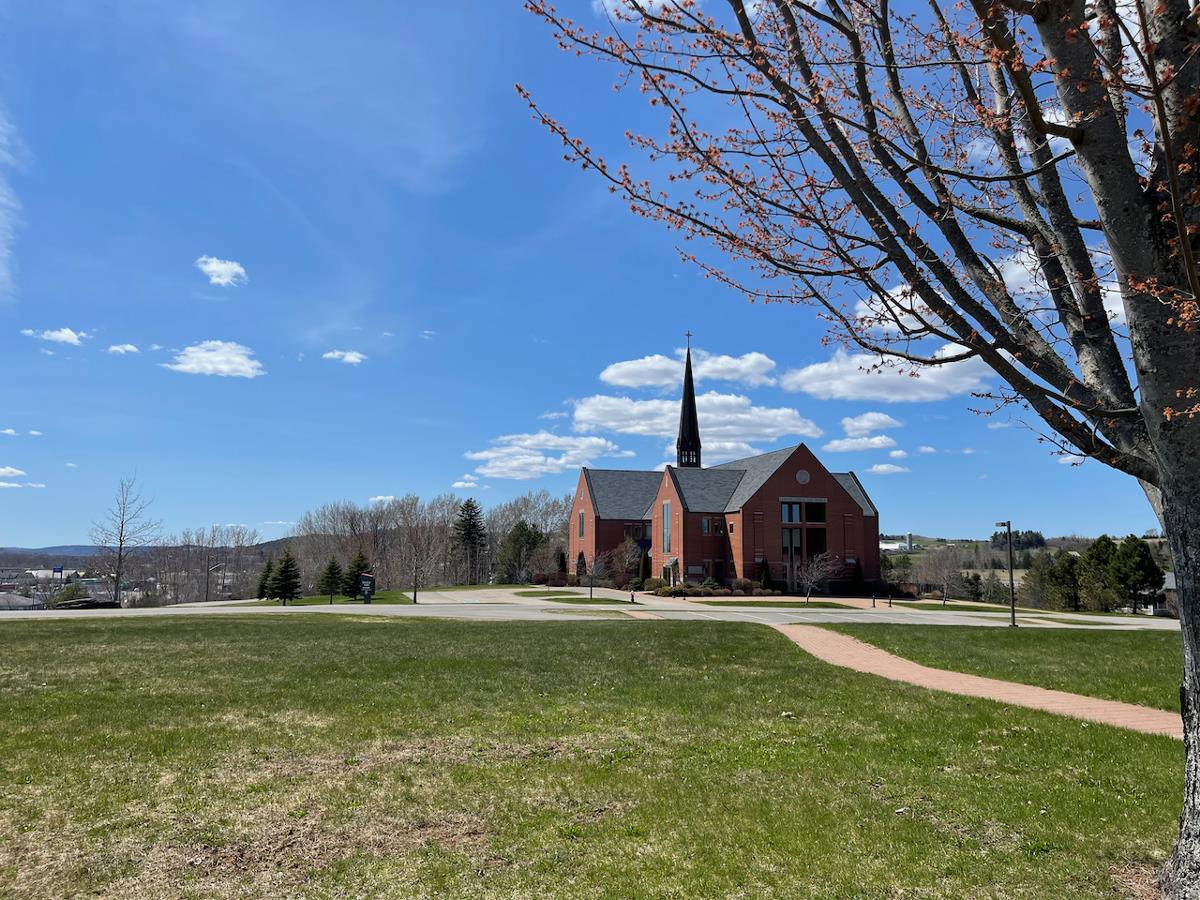
MIN500: Ministry Placement Term 2 2024-2025
This course is the hands-on ministry component of the Master of Arts (Pastoral Theology). During twelve months of the program, each master's student will invest a minimum of 20 hours per week in an approved ministry, on a paid or volunteer basis. Monthly reflective reports will be submitted to the Program Director. Students who choose to complete the degree in two years may reduce their ministry hours to ten hours per week over two years.